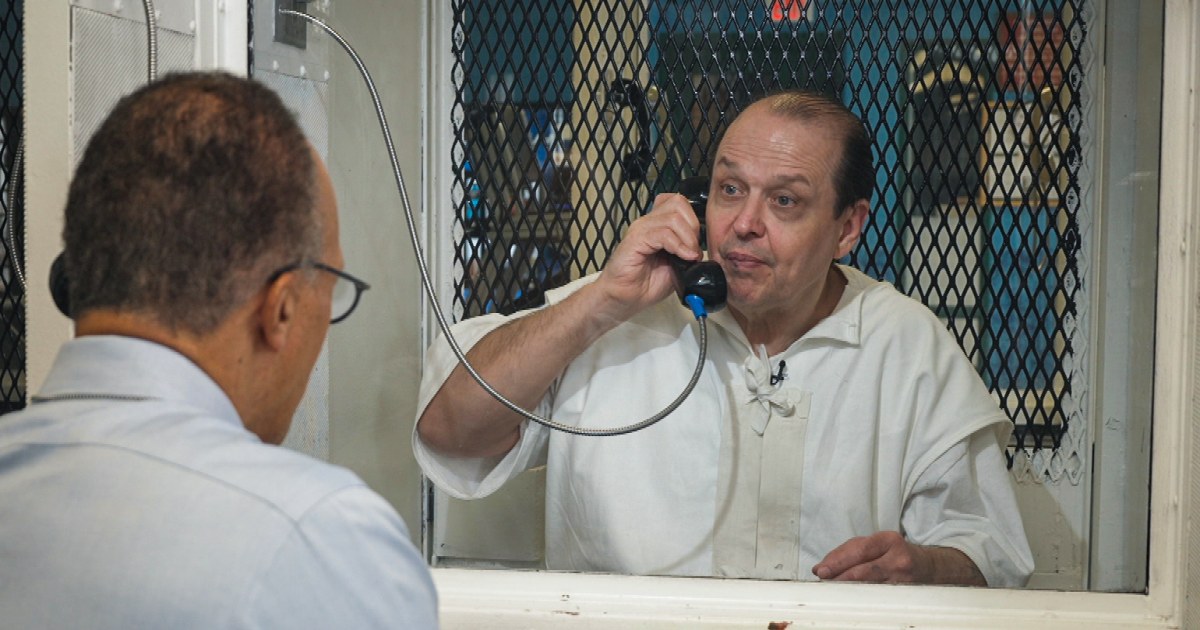An execution in Texas, scheduled for Thursday evening, involving the nation’s first person to be executed for a “shaken baby” death, was in limbo amid a legal showdown. Robert Roberson, 57, maintained his innocence after his daughter, Nikki, died in 2002. A judge granted a temporary injunction to allow Roberson to testify at a hearing about his case, delaying his scheduled execution. The Texas Attorney General planned to appeal the order. The U.S. Supreme Court denied a stay of execution, leaving the decision to Governor Greg Abbott, who had the authority to grant a 30-day reprieve. The Texas Board of Pardons and Paroles declined to recommend clemency. A bipartisan group of lawmakers supported Roberson, with medical experts and a retired detective testifying in support of his innocence. Roberson was diagnosed with autism spectrum disorder in 2018, which he attributed to his emotionless reaction when his daughter died. Critics argued that the medical evidence used to convict Roberson was outdated and flawed. Roberson’s defense team and advocates for his case continued to push for a new trial, citing his innocence despite repeated rejections by the court. The case drew support from scientists, doctors, legislators, advocates, and organizations, with a petition asking Abbott to stop the execution. Roberson’s case highlighted the ongoing concern of flawed medical testimony leading to wrongful convictions in shaken baby syndrome and abusive head trauma cases.
Photo credit
www.nbcnews.com
Legal battle over Texas execution linked to ‘shaken baby syndrome’ death leaves decision in uncertainty.


